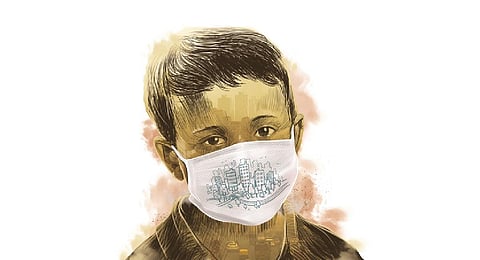

BENGALURU: Referring to the increasing pollution levels in Bengaluru City, Prof PG Diwakar, ISRO Chair Professor, National Institutue of Advanced Studies, on Thursday said if we can land on the moon, we can surely resolve the air pollution around us.
Speaking on the second day of the three-day India Clean Air Summit-2023, he said a pilot project of Geo Artificial Intelligence and Random Forest technologies has been launched in Bengaluru by NIAS to monitor and predict the city’s air quality. The same will soon be implemented in Delhi, Mumbai, Chennai, Kolkata, and other cities. The summit is being organised by the Centre for Air Pollution Studies (CAPS) at the Center for Study of Science, Technology and Policy (CSTEP).
Explaining the technology, Prof Diwakar said many factors are contributing to air pollution in the city. If all compliance are strictly adhered to and everyone falls in line, air pollution can be controlled. But that is not happening. He said using SAT3D and SAT3DR technology, weather parameter algorithms are studied and models made.
He added that different models have been made, locations have been identified, where the sensors can be put to study air pollution. SRO, NIAS and Greater Bangalore Parisara Foundation are working on this. He said that initially, 50 sensors are being procured and funds are being worked out. The plan is to put them in educational institutions for monitoring, assessment and maintenance.
“We’ve launched a pilot project right here in Bengaluru, evaluating its effectiveness. Our goal is to extend this innovative technology to predict and monitor air quality. We’re leveraging historical data to predict and validate current air quality, an unprecedented advancement in our region. By integrating diverse data sources through conventional Artificial Neural Networks techniques, we’re building a powerful predictive model. This collaborative project, led by NIAS, emphasises the importance of geospatial data, ensuring a comprehensive and impactful solution for Bengaluru’s air quality challenges,” he said.